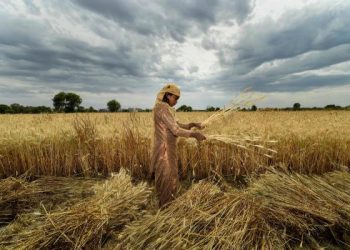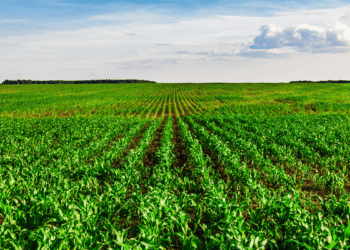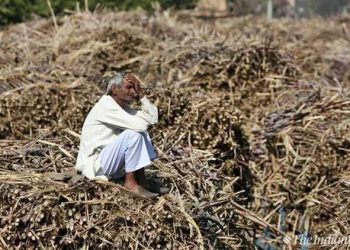TAD News Desk, New Delhi: Indian population is largely dependent on agriculture and has agrarian economy as the base. 50 percent of Indians earn their livelihood from farming which this pandemic has adversely affected. Increasing digitization has left these technologically handicapped farmers behind.
India’s leading agritech VC, Mark Kahn, MD of Omnivore said, “Agritech startups in India have experienced tailwinds during COVID, as traditional agriculture supply chains have been disrupted due to lockdowns. Farmers have shifted to next-generation agritech platforms to purchase inputs, sell their crops, access advisory services, and finance their operations. We believe that post-COVID, this shift towards digital platforms will continue to be accelerated, supported by the recent reforms (Farm Bills) passed by the Centre.”
Farmer’s produce trade and commerce (promotion and facilitation) bill has given hope to agritech startups to penetrate the market by reorganizing their structure. The new bill provides the option of direct selling to corporates, provided the quality is standard and supply is consistent. Startups in the field of supply chain also see the possibility of greater market penetration.
Arya collateral, a post-harvest agri-tech startup has launched A2ZGodaam, which is an e-platform to search, discover and fulfil the warehouse requirements of farmers, FPOs, corporates and other stakeholders.
New channels to find a marketplace and sell the produce for a better and fair price are provided by these startups. The sector is being innovative through the application of latest technologies such as IOT, AI, Data Analytics, and remote sensing. Startups are helping farmers to produce better and streamline the supply process.
New career opportunities have opened up in the field of agriculture, and these avenues would help realizing the goal of sustainable development. Sustainable development goals focus on zero hunger which states, “End hunger, achieve food security and improved nutrition and promote sustainable agriculture.” Post-2015 development plans have pointed out 17 sets of SDG which are realizing and facilitating sustainable agriculture, empower small farmers, end rural poverty, promote gender equality, ensure healthy living, tackle climate change, and various other issues that are discussed in the SDG set.
We must remember the efforts of our India’s former Prime Minister, Lal Bahadur Shastri who gave the slogan Jai Jawan-Jai Kisan and worked towards empowerment of the agricultural sector. This proved effective in avoiding famine and in 1968, Green Revolution announced by PM Indira Gandhi issued a special stamp titled the wheat revolution which empowered the agriculture society to a large extent. We also must keep in mind the contribution of India’s former PM Ch. Charan Singh, Champion of Indian Peasants, he always fought and stood for farmer issues and rights.
Prime Minister Narendra Modi who talks about Atma Nirbhar Bharat to make India more self-reliant rather than dependent on others is also championing the agriculture sector.
Source: Krishi Jagran









